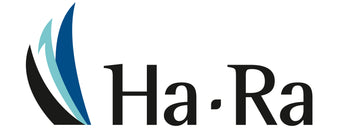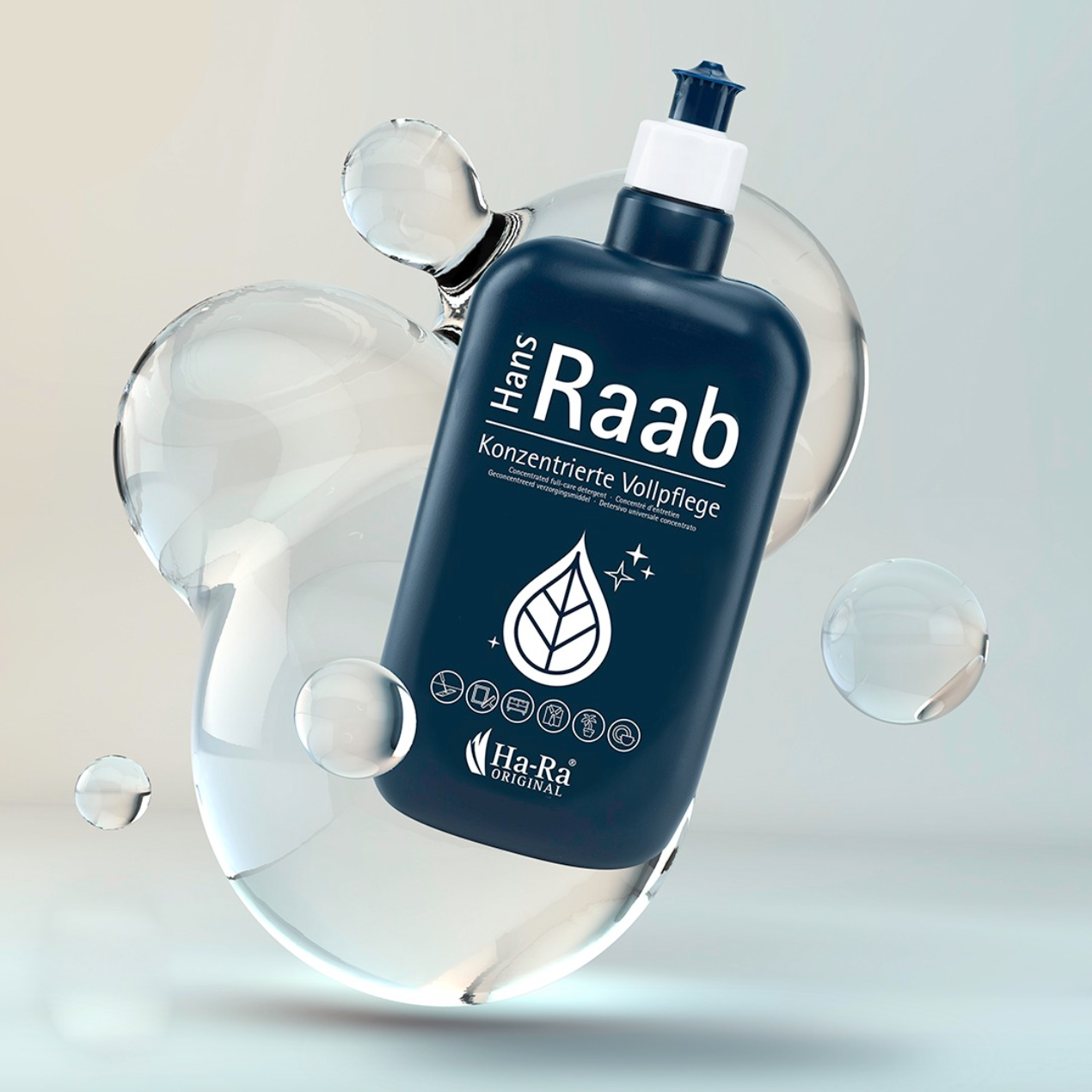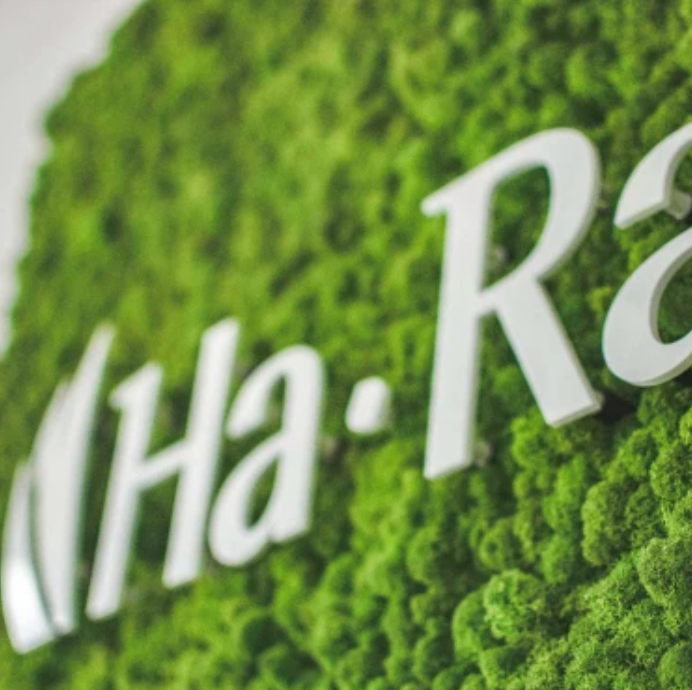Climate change represents the greatest challenge facing humanity since the end of the Ice Age and is the defining task of our time. The success of emission reductions depends very much on the voluntary and consistent action of the economy in the industrialized countries.
"We are aware of the special responsibility towards future generations - in line with our company philosophy, we want to make a real contribution," says Markus Hölle, Managing Director of Ha-Ra GmbH, who manufactures Sustainable Cleaning Products and Cleaning Cloths with the best quality made in Germany.
Ha-Ra is always working to live up to this responsibility, e.g. B. by doing without packaging materials if possible and where packaging is indispensable, single-variety, recyclable plastic packaging made of recycled plastic is used. Printed matter is largely dispensed with and raw materials are almost exclusively procured regionally. In addition, projects in emerging and developing countries contribute to improving the economic, social and ecological situation and support the realization of the sustainability goals of the United Nations. There are also new innovations on the market, which offer cleaning cloths made of compostable cotton only.
Ha-Ra has had the greenhouse gas emissions caused by the company's activities recorded and offset by purchasing climate protection certificates for the years 2022 and 2023.
With these certificates, Ha-Ra supports a run-of-river power plant project in Turkey and a project for generating energy from biomass in India.
Ha-Ra received the “climate-neutral company” award from Focus Future for compensating for greenhouse gases.
As a supporter of the Alliance for Development and Climate Foundation, Ha-Ra's Sustainable Cleaning Products make an important and efficient contribution to sustainable development and global climate protection.
The foundation's supporters aim to achieve carbon neutrality by avoiding or reducing their greenhouse gas emissions and offsetting any remaining emissions.
On September 21, 2021, Ha-Ra GmbH received the "Sustainability Award 2021" for the project to switch to sustainable packaging of their cleaning cloths at the annual conference of the Federal Association of Direct Sales Germany.
Ha-Ra will save around 13 tons of CO2 in 2021 as a result of the switch. The company was able to ensure the recyclability of all packaging, while at the same time significantly reducing the transport weight and thereby saving large amounts of waste. Transport damage has also been reduced.
“At Ha-Ra, changing the packaging is not a decision for marketing reasons, but the logical consequence of our holistic thinking. We can be proud of it and the award is confirmation for us that we are on the right track with our ideas, measures and things that we move and that we are also playing a pioneering role in the industry!” says Markus Hölle.
Inventor and visionary Hans Raab stood with his name for a responsible approach to people and nature. The company is still committed to this company philosophy today.
Ha-Ra has been climate neutral since 2020 and has set itself the goal of AVOIDING unnecessary packaging.
Where packaging cannot be dispensed with, Ha-Ra uses recyclable and recycled plastics.
The plastic packaging for Ha-Ra cleaning cloths and agents, for example, has been completely converted to single-variety, recyclable packaging. In addition, 80% of this is recycled packaging made from 100% recyclate.
Since the individual layers of material are made of the same material, they do not have to be separated from one another for recycling. Single-variety plastics require little energy to produce and neither chemicals nor plasticizers. Less plastic is required for packaging, which means that the packaging is also lighter and requires less energy to transport. At the same time, the recycling of plastic conserves natural resources. Depending on the material, each ton of recycled plastic saves several tons of CO2 compared to new plastic made from petroleum.
In the medium term, the plastic packaging of the hara naturals cosmetics series will also be converted to recycled plastic. Refill systems should ensure that even less plastic waste is produced.
All decisions should be questioned regularly to see if there are more sustainable alternatives in the meantime.







